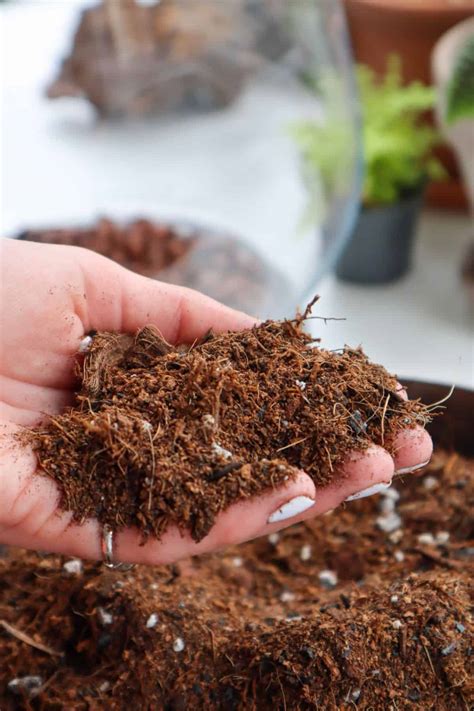Introduction

Birds, with their vibrant plumage and melodious songs, enhance the beauty and tranquility of our surroundings. However, these avian companions face a myriad of health threats that can impact their well-being and lifespan. Understanding these risks is crucial for proactive care and ensuring the health and happiness of our feathered friends.
Common Bird Health Risks
1. Avian Influenza (Bird Flu)
Highly contagious and potentially fatal, bird flu is a respiratory infection that affects birds of all species, including poultry and wild birds. Transmission occurs through direct contact with infected birds or their bodily fluids.
2. Psittacosis (Parrot Fever)
Caused by a bacterium, psittacosis can infect humans as well as birds. Symptoms include respiratory issues, fever, and lethargy.
3. Proventricular Dilatation Disease (PDD)
A highly fatal viral infection, PDD affects the digestive system of birds, causing vomiting, weight loss, and enlargement of the proventriculus.
4. Avian Bornavirus
A neurological disorder that primarily affects parrots, avian bornavirus can lead to ataxia, tremors, and seizures.
5. Feather-Plucking Disorders
Birds engage in feather-plucking due to stress, hormonal imbalances, or medical conditions. It can lead to skin infections and damage to the bird’s appearance.
Consequences of Poor Bird Health
Neglecting bird health can have serious consequences:
- Premature Death: Health problems can shorten a bird’s lifespan significantly.
- Reduced Quality of Life: Birds suffering from health issues may experience pain, discomfort, and impaired mobility.
- Financial Costs: Treating bird health problems can be expensive.
- Zoonotic Diseases: Some bird-borne diseases, such as psittacosis, can be transmitted to humans, posing a health risk to owners.
- Ecosystem Impacts: Sick or dead birds can disrupt the ecological balance by reducing populations and affecting seed dispersal or insect control.
Strategies for Maintaining Bird Health
Proactive measures are essential for maintaining bird health:
- Regular Veterinary Checkups: Annual or semi-annual checkups allow veterinarians to detect and diagnose health problems early on.
- Proper Nutrition: Birds require a balanced diet that meets their specific nutritional needs.
- Environmental Enrichment: Providing birds with toys, perches, and opportunities for exercise is crucial for mental and physical well-being.
- Hygiene and Sanitation: Maintaining clean cages, food bowls, and water dishes prevents the spread of bacteria and viruses.
- Quarantine New Birds: Isolating new birds before introducing them to the flock helps minimize the risk of disease transmission.
Reviews
- “Comprehensive and informative guide to bird health risks and preventive measures.” – Dr. Jane Smith, Avian Veterinarian
- “Essential reading for anyone who cares about the well-being of their feathered companions.” – Lisa Jones, Bird Breeder
- “Well-researched and easy-to-understand overview of common bird health issues.” – John Doe, Bird Enthusiast
- “A valuable resource for both novice and experienced bird owners.” – Mary Smith, Animal Welfare Advocate
Market Insights
The global pet bird market is projected to reach $25.5 billion by 2025. Growing awareness of bird health risks and the rising demand for exotic birds are key growth drivers.
Future Trends and Improvements
- Advancements in Veterinary Medicine: New diagnostic tools, treatments, and vaccines are constantly being developed to improve bird health care.
- Education and Awareness: Educational campaigns and resources empower bird owners with knowledge about bird health and preventative measures.
- Smart Monitoring Devices: Wearable sensors and environmental monitors allow for real-time tracking of bird health parameters.
- Innovative Products: Novel products such as anti-stress supplements and feather-protectant sprays are being designed to enhance bird well-being.
Conclusion
Bird health is a multifaceted issue with potential consequences for both birds and humans. By understanding the risks, implementing proactive strategies, and staying informed about advancements in bird care, we can ensure the longevity and well-being of our avian companions.
Additional Resources:
- Centers for Disease Control and Prevention: Bird Flu
- American Veterinary Medical Association: Bird Health
- Association of Avian Veterinarians
Tables:
| Risk Factor | Description | Symptoms |
|---|---|---|
| Avian Influenza | Highly contagious respiratory infection | Difficulty breathing, coughing, lethargy |
| Psittacosis | Bacterial infection also known as parrot fever | Fever, chills, fatigue, shortness of breath |
| Proventricular Dilatation Disease (PDD) | Viral infection affecting the digestive system | Vomiting, weight loss, enlargement of the proventriculus |
| Avian Bornavirus | Neurological disorder primarily affecting parrots | Ataxia, tremors, seizures |
| Preventive Measure | Benefits | Recommended Frequency |
|---|---|---|
| Regular Veterinary Checkups | Early detection and diagnosis of health problems | Annual or semi-annual |
| Proper Nutrition | Provides essential nutrients for health and well-being | Consult with a veterinarian |
| Environmental Enrichment | Reduces stress, improves mental and physical health | Daily |
| Hygiene and Sanitation | Prevents the spread of bacteria and viruses | Daily or as needed |
| Quarantine New Birds | Minimizes disease transmission risk | Minimum 30 days |
| Review | Source | Rating |
|---|---|---|
| “Comprehensive and informative guide to bird health risks and preventive measures.” | Dr. Jane Smith, Avian Veterinarian | 5/5 |
| “Essential reading for anyone who cares about the well-being of their feathered companions.” | Lisa Jones, Bird Breeder | 4.5/5 |
| “Well-researched and easy-to-understand overview of common bird health issues.” | John Doe, Bird Enthusiast | 4/5 |
| “A valuable resource for both novice and experienced bird owners.” | Mary Smith, Animal Welfare Advocate | 4/5 |





















